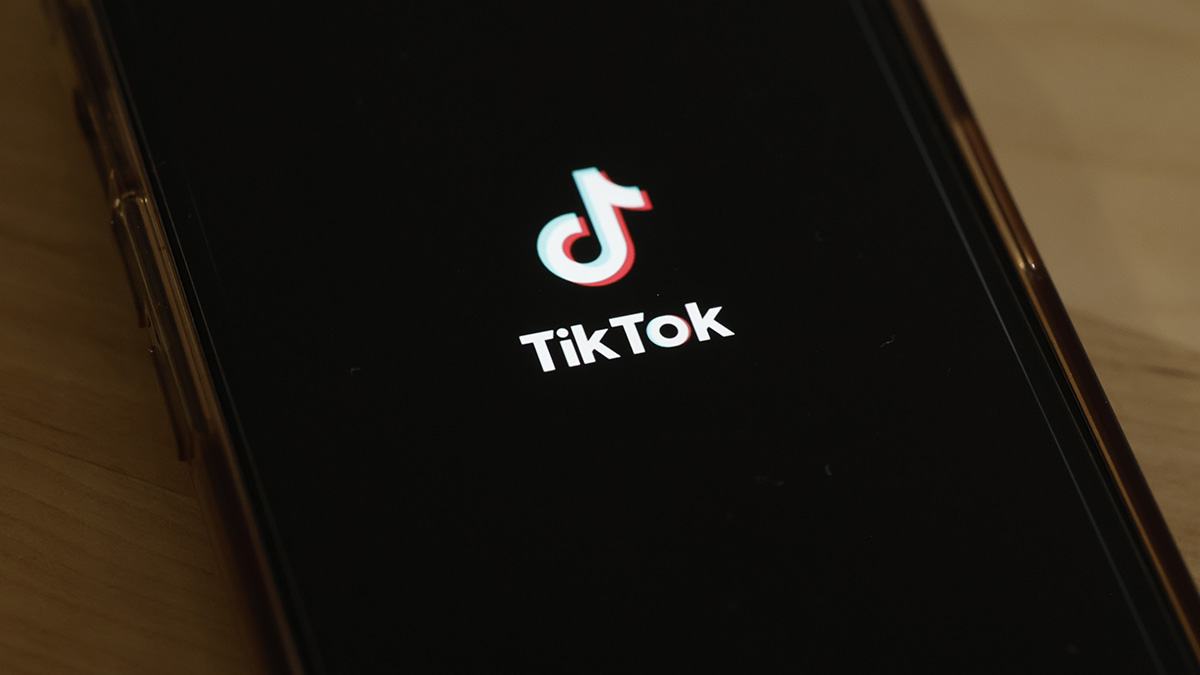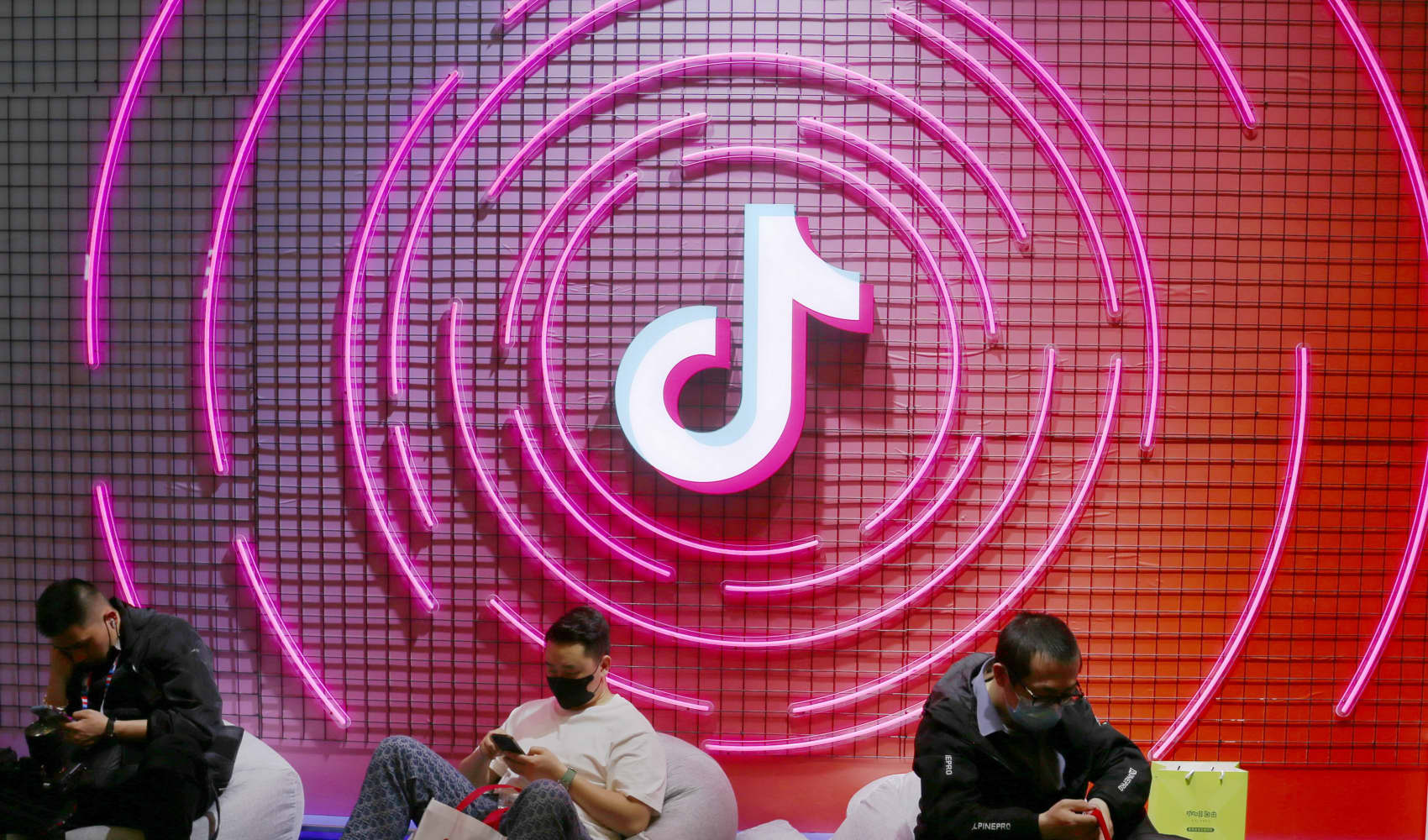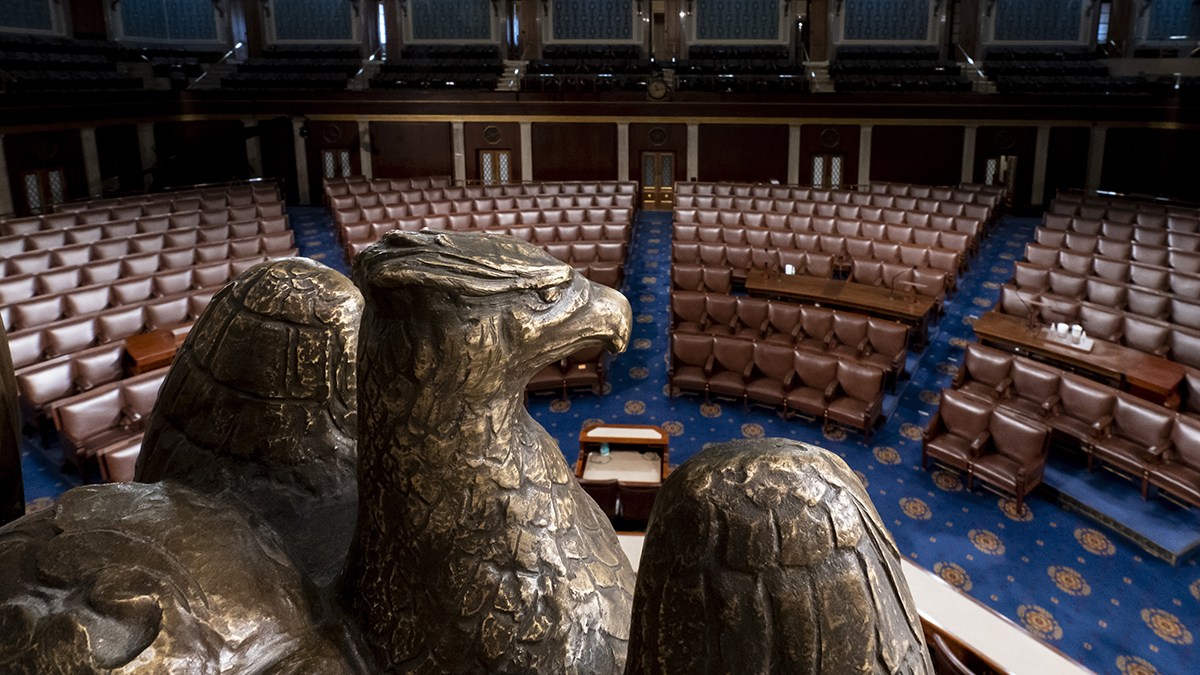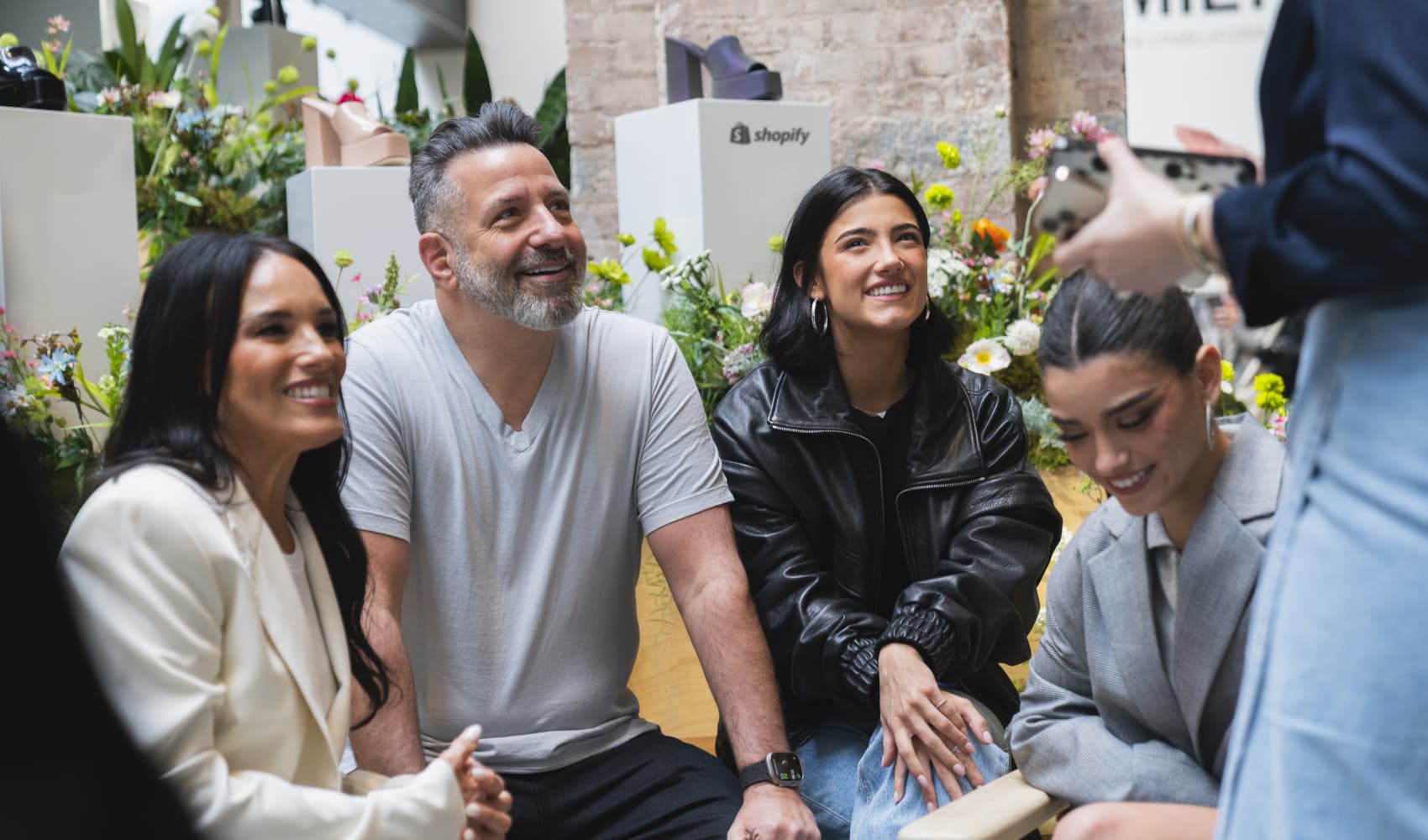The House of Representatives passed on a bill Wednesday that could lead to a TikTok ban or may force a sale of the site in the United States.
The bill was approved surprisingly fast with a bipartisan support vote of 352-65, and it will go now to the Senate for further study and approval.
The possible ban of the app, which has more than 170 million users in the U.S., is worrying thousands of influencers that make money off the platform. At the heart of the issues is the company's ownership structure. The application is owned by ByteDance, a China-based company, which, according to federal lawmakers, pose a national security threat.
How popular is TikTok?
Get Southern California news, weather forecasts and entertainment stories to your inbox. Sign up for NBC LA newsletters.
TikTok was launched in 2016 and by 2021, it surpassed Google as the most popular website of the year.
“TikTok is currently probably the most popular and most engaging social media app out there. And it's sort of a merging of music with fun videos with participation from the consumers. Its influencers meet the audience in joint fun activities. And we've never imagined anything quite as engaging and fun as TikTok,”, says Karen North, PhD, digital social media expert and professor at the University of Southern California (USC) Annenberg School.
At the same time, “it is known to gather tremendous amounts of personal data from the users, which is one of the reasons that it's so engaging,” Dr. North added.
TikTok is a social media application that allows users to build a personal channel by posting videos that have a duration between 3 seconds and 10 minutes.
People can also scroll infinitely to watch what other users post, and, usually, the videos that every person watches are tailored by an algorithm that presents content based on their preference.
Data: The new treasure
Social media applications and other websites gather and use personal data to predict behaviors and deduce patterns. This has been largely used for advertisement purposes, but it also helps developers engage its users with content that is relevant for each person.
That is why data has become a robust revenue model, which is regulated by the laws that govern each country.
“TikTok is able to gather information about each user in a way that makes it very, very easy for them to target each of us so that the experience that's curated for us is particularly targeted or particularly specialized. It makes it that much more fun and that much more engaging,” Dr. North said.
However, data is becoming a commodity or a good that can be stored, archived and sold. People agree to different types of data usage when they join a platform, but many times do not understand all the consequences.
“The biggest problem with TikTok right now, and the reason for the legislation, is that TikTok being foreign-owned is governed by the laws of the country where it resides, in this case, China. And if you look at the rules of data collection, data archiving, and data use in China, it's much more allowed than it is here in the United States,” Dr. North explains.
The U.S. has different laws that restrict what kind of data can be collected and archived. However, Dr. North says that “in China the data can be specific to you, it could find out as much as it can about each individual, and then it can be not only archived, but it could be handed over to the Chinese government and so that's where Congress has a lot of problems with the data collection of TikTok”.
The TikTok version in the U.S. is different from the one that is used in China, and the company has said it has never shared U.S. user data with Chinese authorities. However, data privacy experts in the federal government think the amount of data that is gathered can pose a threat.
“When you look at national security problems or when you look at privacy and security of individual businesses or universities, then you have to worry about the amazing data collection machine that is TikTok,” North says.
“I don't know of anybody, I'm sure there are people, but I don't know of anybody that's concerned about data privacy that doesn't see TikTok as sort of the biggest threat in terms of the most data collection and the fewest restrictions of pretty much anything that we see out there these days,” she added.
A TikTok ban moves forward in Washington
TikTok's popularity in the U.S. means many people were watching closely this week when politicians took a significant and unusually fast step toward a ban.
But the app has been a concern at a federal level for several years.
In 2020, former president Donald Trump made several attempts to ban the social media platform through an executive order, which was blocked by the company after a lawsuit.
Then, in Feb. 2023, the White House gave 30 days to all federal agencies to stop using the app in all government devices.
“TikTok is a very powerful political tool and a lot of elected officials use it to reach their constituents. But the agreement at some point was to do it on a separate phone, so that it's not on the same phone as the secure or confidential information,” says North.
A year later, in March 2024, the vote at the Congress of a bill that could potentially ban the app or a forced sale within 180 days was surprisingly fast. However, it is unclear how fast it can keep moving forward.
“It's rare to see anything move through the House of Representatives this quickly through a Committee and then through the House as a whole. And then the president promised to sign a bill like this. And yet there's no companion bill in the Senate and there is no agreement by the Senate even to take up the issue,” according to Dr. North.
What would happen if the bill is signed as law?
According to North, there is not an easy solution even if the bill passes all the hurdles through the Senate.
A big company buying TikTok could trigger another antitrust complaint. “The likely American owners, whether it's Microsoft or Meta or Google, have already been attacked by our own government on antitrust issues for being too big. The idea of buying TikTok would make them bigger and therefore would recreate the scrutiny about the antitrust or the monopoly problems,” the USC professor says.
Furthermore, TikTok is probably going to fight to keep the integrity of the company. Besides, “the Chinese government has already said that they oppose any divest, you know, they oppose forcing ByteDance to divest of this because they, of course, want the data and the access,” North explains.
For now, the bill has to pass to the Senate and many steps have to be cleared before it goes to the president’s desk to be signed into law.





